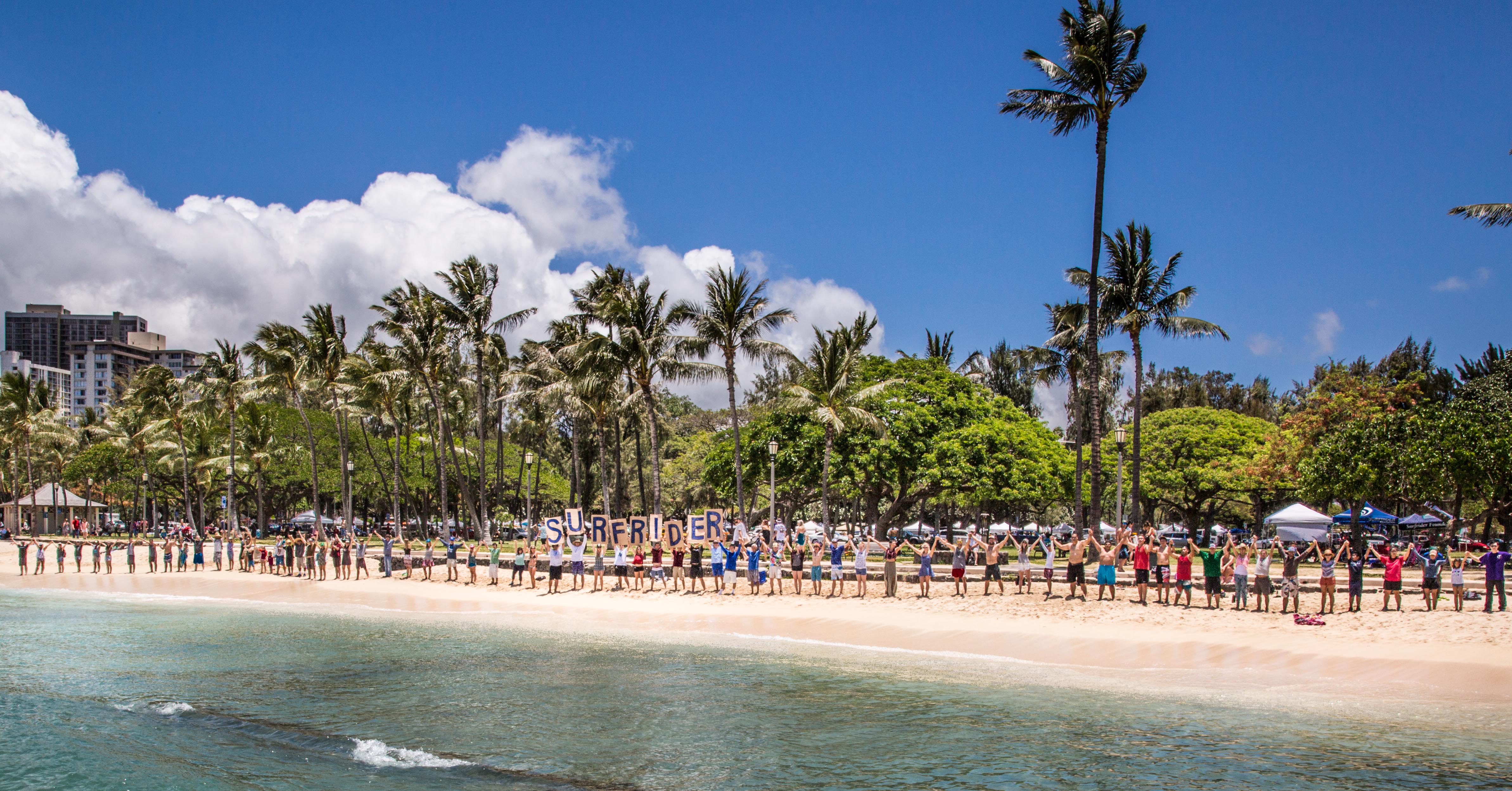
What Went Down at the State Legislature
During the 2023 session, Surfrider Foundation staff and volunteers tracked 50 bills related to the protection of our ocean, waves, and beaches. We submitted 59 testimonies from the regional level, which does not include all the testimony provided by our volunteers. In addition, the Oʻahu Chapter led the first "Stoked on Civics" in-person training that was attended by over 30 individuals and featured Senator Chris Lee. The training covered important aspects of the legislative session, including how to track and testify on bills.
And while most of our priority bills died (see below), there are still four important bills that passed their final reading and are awaiting signatures from the governor:
- SB1254 - designation of the "Kaiwi Coast State Park"
- HB1091 - mandatory disclosure of all existing permitted and un-permitted shoreline erosion control structures when a residential property lies adjacent to the shoreline
- SB1391 - authorizes the Board of Land and Natural Resources to place a lien on a property for noncompliance with state rules (.e.g. unauthorized shoreline erosion control structures)
Surfrider Priority Bills - What Happened?
In 2023, over 3,000 bills were introduced at the state legislature. Unfortunately, but not necessarily surprisingly, most of our priority bills died early in the session. According to the Hawaiʻi Legislative Bureau, 90% of all bills donʻt become law. It's especially rare for a bill to pass in its first or even third year. In 2023, we also saw a lot of bills get stopped in the House Finance Committee or Senate Ways and Means Committee. Both of these committees "hold the purse strings" so to speak and wield enormous power. If their chairs decide not to schedule a bill, that's essentially the end of the line.
Some of our bills didn't have the champion they needed (e.g. state water quality monitoring bill), and others lacked awareness and understanding on behalf of policymakers (e.g. coastal managed retreat). While these are frustrating losses, they help us strategize for next year.
Hereʻs what happened to our priority bills:
- SB508 - To improve the Department of Healthʻs water quality monitoring program. Weʻve been working on this bill since 2019, and unfortunately it had a very dismal showing this year. It never got a Senate Ways and Means committee hearing and never crossed over to the House.
- HB756: The stateʻs coastal managed retreat bill passed all of its committees in the House and crossed over to the Senate. It was never scheduled for a Senate committee hearing and was essentially shut down by Senator Loraine Inouye, Chair of the Senate Water and Land Committee. Ironically, the was quoted in a Civil Beat article that the state wasnʻt quite ready for legislation that would help us move away from vulnerable coastlines. Instead, she suggested we "get our feed wet first...."
- SB304 - Of all the bills, the Visitor Green Fee made it the closest to the finish line. It died in the literal final hours of conference committee (where the Senate and House come together to discuss parts of the bills they didn't agree on). This was a very surprising and last minute turn of events. Just goes to show that you can never celebrate the passage of a bill until is signed by the governor.
- SB1034: The bill to protect 300 free parking stalls at Ala Wai Small Boat Harbor was another bill that didnʻt get too far. It passed its first committee, but failed to get a hearing in the Senate Ways and Means committee.
- HB85: Would have banned single use toiletry bottles at hotels. It made it further than last year and crossed over from the House to the Senate. However, it was deferred by its first Senate Committee. There are precedents for this bill in other states and I think there could be strong traction for it at the state level in the coming years.
What's Next?
After each legislative session, we re-evaluate our priorities and opportunities. Since bills can only be introduced in January of each year, we use the iterim to have follow up conversations with our legislators and identify champions for our priority bills. We will continue to fight for improved state water quality testing as well as statewide managed retreat bills that relocate vulnerable properties away from the coastlines. Mahalo to everyone who provided testimony on bills this year or attended the Stoked on Civics training on O'ahu. Onward!
